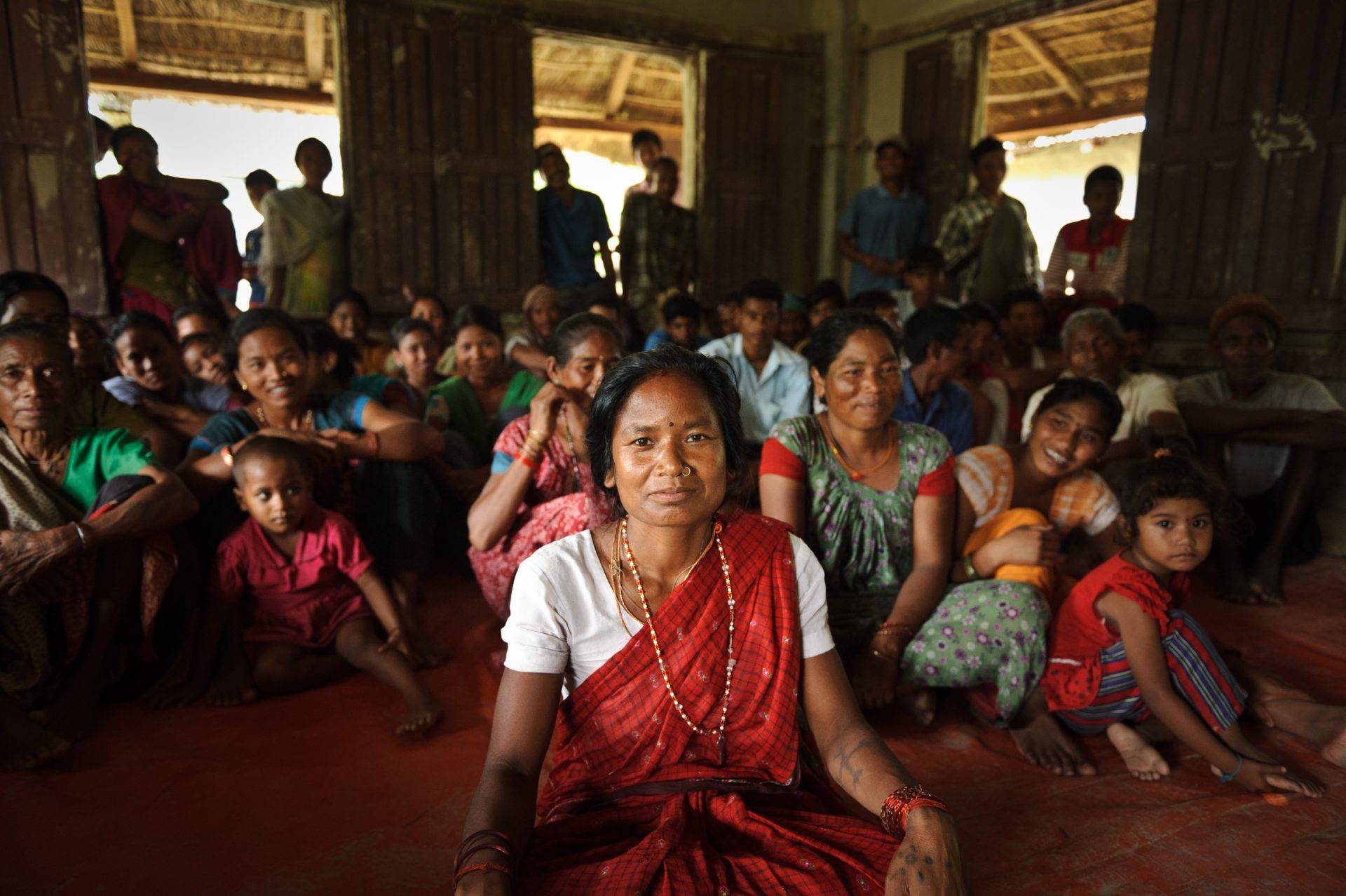
Unified Across the Humanitarian-Development Spectrum
A New InterAction Paper
The need for dialogue, inclusion, and collective action at the Nexus between humanitarian and development non-governmental organizations (NGOs) has never been clearer. NGO coordination structures—NGO fora—can play a critical role in supporting these coalitions.
Today’s reality is that development and humanitarian assistance are often required concurrently, especially in complex environments and protracted crises. And while action needs to be complementary, humanitarian and development efforts operate under fundamentally different strategies. When states are not accountable to all their people, or are responsible for the harm befalling them, principled humanitarian action must be supported.
Every crisis is unique, and each NGO each forum operates differently, with distinct mandates and perspectives informed by their membership and the external context. There is no one-size-fits-all solution to these challenges. Yet, there are best practices and lessons learned in many contexts that can help guide a forum through difficult conversations and decision-making, and ultimately achieve greater results for people in need as the forum navigates a shifting humanitarian ecosystem.
From a desk review and key informant interviews with 18 stakeholders from NGO fora and humanitarian donors, InterAction has developed five key recommendations as to how NGO fora can best support dialogue, inclusion, and collective action between humanitarian and development NGOs in a principled humanitarian response.
- While encouraging the inclusion of diverse voices within NGO fora membership, ensure that commonalities are frequently highlighted, that the basic operating context is agreed upon, and that the needs of people in affected communities are a fundamental thread woven throughout every conversation, discussion, and debate.
- A culture of change and adjustment should be embedded within a forum’s governance structure from the get-go, enabling smooth adaptation and evolution when the context demands it without risking the abandonment of a forum’s core mandate of promoting humanitarian principles.
- Forum directors should be tasked with—and held accountable for—promoting and upholding the humanitarian principles of humanity, neutrality, impartiality, and independence to all stakeholders in a response, even while recognizing that forum “red lines” must be collectively defined by forum membership.
- Forum staff, members, and outside supporters should continuously underscore the value of the NGO forum: to bring an independent voice to the response architecture that is free from both monetary and political influence.
- Forum directors, steering committees, and supporters need to identify ways to drive forward a dynamic NGO forum where members are engaged and actively contribute to collective action.
Read the full paper HERE.
Read Annex A: Considerations for NGO Forum Membership Expansion HERE.
Read Annex B: Guiding Questions When Considering NGO Forum Membership Expansion HERE.
To learn more about InterAction’s work with NGO fora, please reach out to Rachel Unkovic, Advisor for NGO Coordination, at runkovic@interaction.org.








